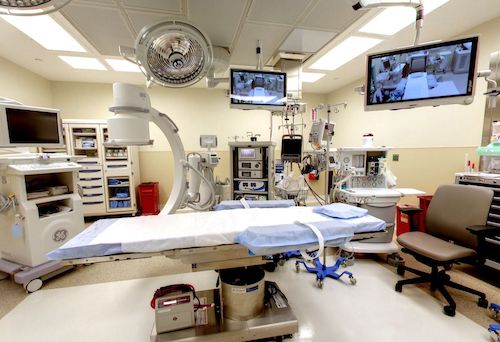
August 19, 2022 – According to a report from Healthcare Finance News, ambulatory surgical centers are gaining traction in the outpatient market. ASCs are continuing to outperform more than half of all US outpatient surgical procedures and will likely see greater volumes.
The report says that surgeries are projected to grow 25% at ASC and 18% at both hospital outpatient departments and physician offices. Kemal Erkan, chairman of the board at the American Surgery Center and CEO of United Medical, says that the reason for the increase in ASC growth is cost.
“Surgery centers are the future for reducing costs,” Erkan said. He told Healthcare Finance News that he believes hospitals should focus on the more severe cases, which means insurers pay less for care. Over 80% of the American Surgery Center volume is in value-based contracts.
A study by UnitedHealth Group found that payers could reduce surgical costs by over 59% by directing members away from hospital settings to ASCs. “Financially, surgeons benefit from working for ASCs, because, when they perform outpatient surgery in a hospital, they get no facility fees,” Ekan said.
Demand for outpatient care has grown in such areas as diagnostic and ultrasound services, cardiac catheterization, spinal, bariatric and cataract surgeries. The shift prompted hospitals to expand their market share by acquiring outpatient facilities and physician practices. Hospitals also have been setting up ambulatory doctor offices on their own campuses. Inpatient services had previously been the main source of hospital revenue.
The Centers for Medicare and Medicaid Services attempted to shift more inpatient care to outpatient settings by eliminating the Inpatient Only list in its Outpatient Prospective Payment System rule for 2021. The CMS has even recommended removing 10 procedures from the Inpatient Only list in its proposed rule released in July. According to Ekan, because these surgeries are only covered in inpatient environments, it effectively gives hospitals a monopoly on these procedures for 50% of potential patients. “There is no reasonable rationale for these policy rollbacks and no data to support this decision,” he said.
